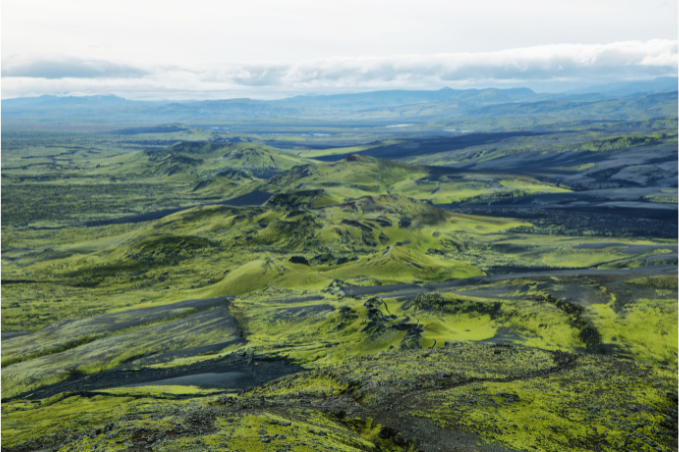The Icelandic eruption that shook the world!
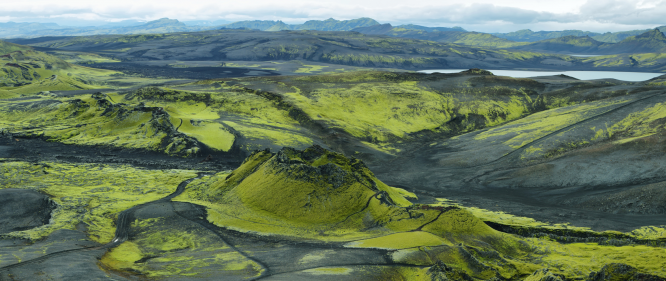
The Skaftáreldar eruptions, one of the greatest volcanic events in Icelandic history, took place from 1783 to 1784. Originating from Lakagígar, a spectacular row of craters stretching over 29 kilometers, these eruptions are remembered not only for their sheer magnitude but also for their profound impact on the world.
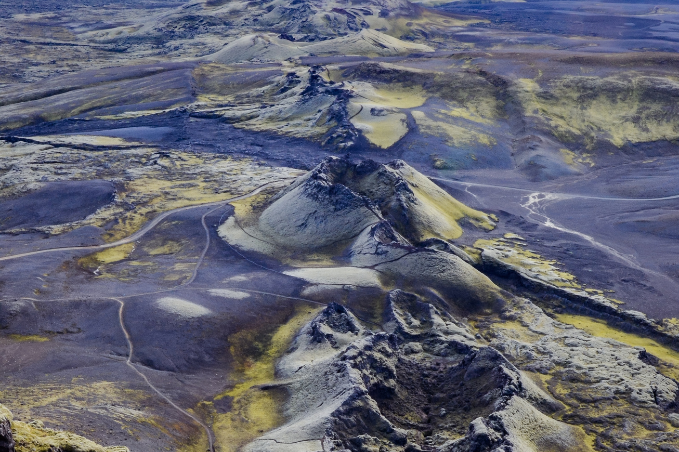
Lakagígar, now covered in lush moss, is a popular destination thanks to its natural beauty and historical significance. This series of over 130 craters was formed during the Skaftáreldar eruptions, which released an astonishing 12 cubic kilometers of lava over a period of 10 months. The resulting lava flows, known today as Eldhraun and Brunahraun, devastated everything in their path, including sandy deserts and fertile pastures.
The eruptions spewed toxic ash, sulphuric gases, and volcanic mist across Iceland, leading to a period known as Móðuharðindin, or "the mist hardships." This atmospheric pollution caused significant cooling, leading to harsh winters and the encroachment of sea ice. The toxic materials devastated Iceland's livestock, causing disease and starvation. By the end of this catastrophic event, about three-quarters of the island's livestock had perished, and a famine swept through the country, further compounded by a smallpox epidemic.
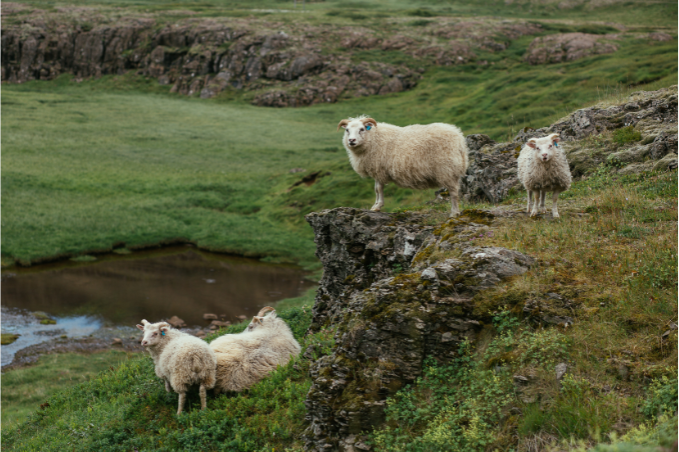
The human cost of the Skaftáreldar eruptions was staggering. One in five Icelanders died as a result of the combined effects of famine and disease. The regions closest to the eruptions, such as Fljótshverfi, Meðalland, and Síða, experienced the greatest devastation. In these areas, approximately 40% of the population perished, with 20 farmsteads buried under lava and another 30 severely damaged.
The impact of the Skaftáreldar eruptions extended far beyond Iceland. The volcanic mist and gases affected the climate on a global scale, contributing to a cold period in Alaska and droughts in Egypt. In Europe, the acid rain and crop failures caused by the eruptions led to significant societal upheaval, which many historians believe contributed to the conditions that sparked the French Revolution.
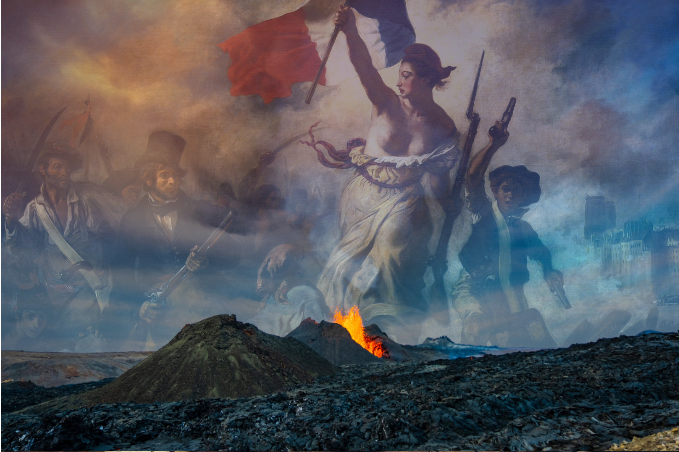
Today, the moss-covered craters of Lakagígar stand as a testament to the power of nature. They draw visitors from around the world who come to marvel at their beauty and reflect on the historical events they symbolize. The Skaftáreldar eruptions serve as a reminder of the profound impact that natural disasters can have on human societies, both locally and globally.
